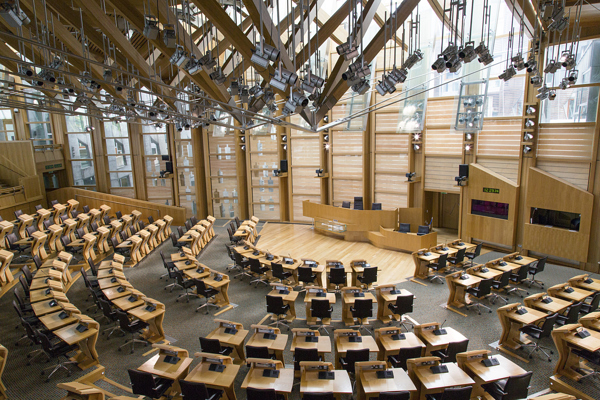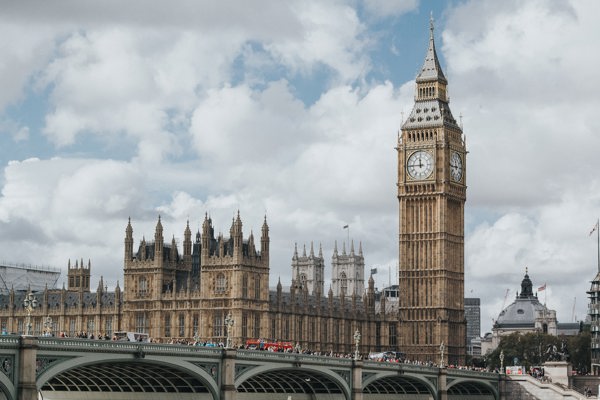These lets bring benefits to some homeowners as well as travellers. For landlords, they offer an opportunity to charge higher rents over a shorter period than longer term rentals, which can help speed up mortgage repayment. And for travellers, the experience can be more flexible, affordable and authentic.
However, as Scotland’s tourism industry continues to grow, we are seeing more and more demand for regulation of the sector. Edinburgh’s Tourism Tax is an obvious example of how Scottish authorities are starting to follow the footsteps of other global destinations to manage the impacts the sector has on its residents.
It therefore comes as little surprise that the Scottish Government has recently launched a consultation on the regulatory framework for Short Term lets in Scotland, in response to concerns that have arisen as a result of the sheer volume of these lets in some areas.
While beneficial to property owners who are using services like AirBnb and to tourists, this style of letting inevitably reduces the supply of longer-term rentals in highly popular parts of Scotland, and if left unregulated, they risk pricing out certain groups of residents who rely on affordable rented housing.
The Scottish Government consultation therefore seeks to both support tourism as well as Scotland’s long-term rental market through new regulation, and it is apparent from the consultation that certain new practices could come into play. This could include things like licenses, and limits to the number of these available, or an inspection regime that property owners would need to comply with.
Cities from Los Angeles to New York to Amsterdam are regulating AirBnb rentals already, each with a number of similar requirements. These include limiting the number of nights that can be let per year, a necessity that it is the landowner’s primary residence being let, and a paid license needed in order to engage in short term lets to start with. If found to be non-compliant, homeowners can find themselves facing hefty fines as well.
It is likely we will see these types of regulations as a result of the consultation, and it is also likely that responsibility for implementation will fall to Scottish local authorities. This begs the question: how will councils realistically enforce these new practices?
At a time when councils are already handling stretched budgets, any effective regulatory framework needs to consider how local authorities will allocate sufficient resource and expertise to these potential new parameters, which could turn into quite an undertaking for the councils.
There has been recent talk of the Conservatives striking a deal with the Scottish Government to implement “control areas”, where only specific councils dealing with high tourism will be required to regulate the industry. While this would mean councils that aren’t as impacted by short term lets need to devote less resource to the issue, it still does not solve the resource issue for the councils who will likely need to do the greatest amount of implementation as is.
The extent of the new regulation will become clear when the results of the consultation are published, but is important for the consultation to deliver a regulatory framework that supports three groups: the tourism sector, the long-term rental market, and also the councils who need to maintain existing standards of service delivery while adding another responsibility.


